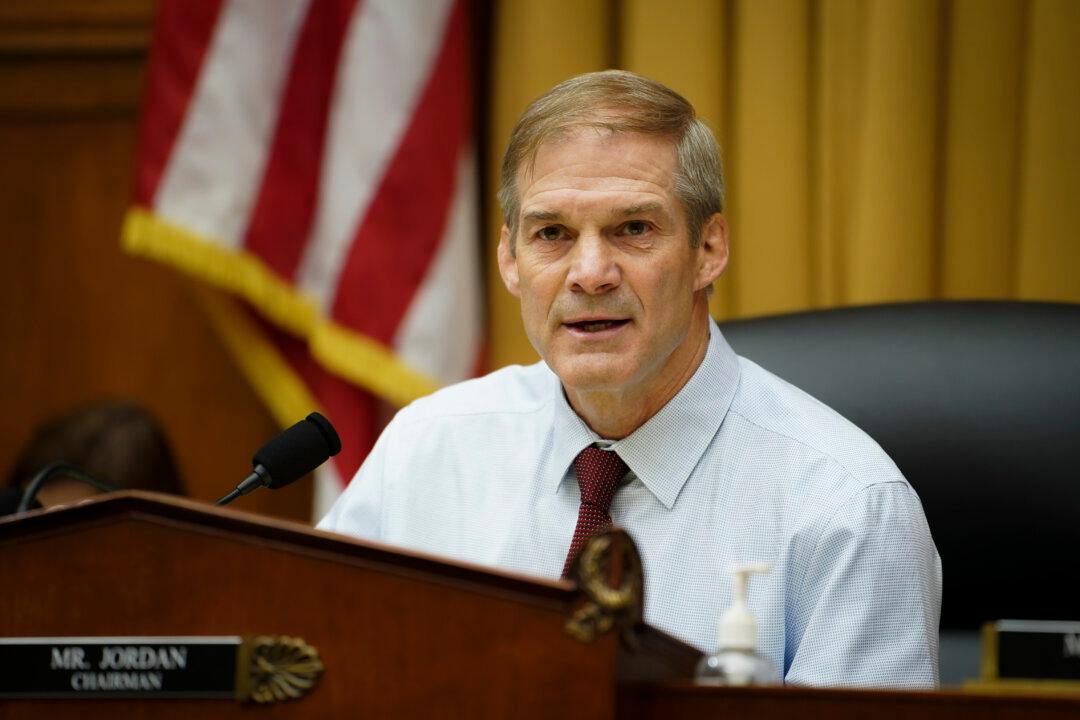House Judiciary Committee Chairman Jim Jordan (R-Ohio) wants to know why U.S Attorney David Weiss, the prosecutor who struck a plea deal with Hunter Biden, is denying requests on Attorney General Merrick Garland’s behalf.
In a May 25 letter (pdf) to Garland, Jordan had requested documents and communications related to the Department of Justice’s (DOJ) alleged retaliation against IRS whistleblowers investigating Biden.





